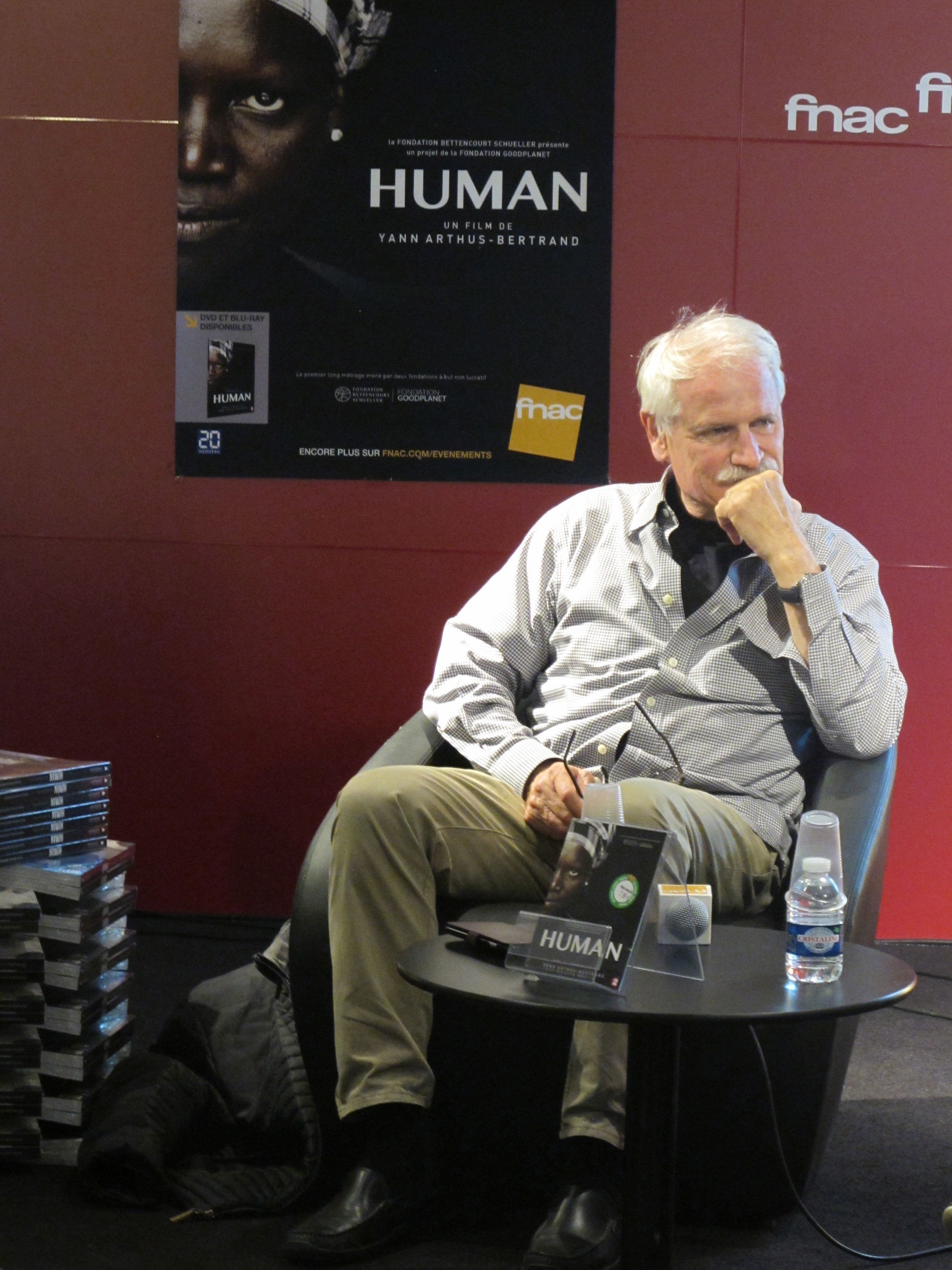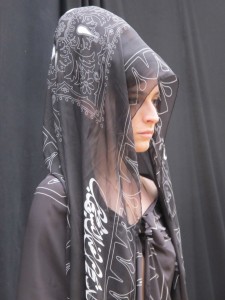A few years ago the Yann Arthus-Bertrand’s magnificent aerial photographs could be seen all over the world. He’s an unconditional ecologist – although he does travel around in helicopter to shoot his pictures – and, as the climate conference in Paris is approaching by the end of this year, he yet again makes us aware of the importance of preserving our planet via this beautiful film.
This documentary – along with the book – is different from his previous ones, as it puts the humans in the centre of the story instead of only showing landscapes. Happiness, women, poverty, war and tolerance are some of the themes he enhances through his interviews where he manages to combine intimacy with universality thus bringing mankind closer together. The movie, according to the film-director, is an attempt at a beginning of a world-dialogue between humans from all sorts of social, cultural and ethnographic areas. According to him, we have more power than we imagine. Yann wants to show us that everyone among us – independent of background or education – can be part of changing the world for the better even if only in a very modest way. The film poses the question about what it implies to be human more than it pretends to give any answers.
How did you go about filming the scenes and all these people?
– Well, it was a teamwork that took two and a half years to accomplish. It took careful preparations and several government permits before we could start with the actual shooting. Then we had to find people – many who had never stood in front of a camera before – willing to accept to answer our forty questions. Some of which were quite intimate.
How many did you interview?
– Oh! Several thousands of which we finally kept two thousand. Then we had to choose those we would keep in the film to illustrate the themes we had agreed upon. To make the choices was both frustrating and difficult but some came across on camera better than others. We had to take into account not only the person’s history but also his tone of voice, attitude and body language… all of which speak to us both unconsciously and consciously beyond the language barrier.
The film doesn’t always show a positive image of humankind. Was that a deliberate choice?
– Yes, because all of us carry within us both darkness and light. It’s up to each individual to choose which side to amplify. Humans are complex. That’s why I decided to include both the former soldier who admitted being hooked on killing and the father who lost a child but decided to forgive the murderer. We didn’t have a script to go after, only our emotions. I’m a passionate man and believe that each one of us has a mission to accomplish here on earth. I want to constantly improve myself and learn from others, which I’ve done through these incredible encounters and the interviewers’ life-stories.
The music is beautiful too; who is the composer?
– Armand Amar and after having shown the movie, his music has hit the best-selling lists. The film is actually a mixture of three components: the music, the voices of the people and the scenery. I didn’t want any introduction or explanations added to either the interviews or the landscapes. I wanted the film to talk its own language. However, the music plays an essential part.
How do you view the future of our planet after having done this film?
- I’m an optimist and confident that if each one of us takes his responsibility we’ll change this down-going spiral. The consumer society we’ve created will have to be curbed though otherwise it will lead us to our grave. We’ll have to share more, eat less meat, recycle more…
You’ve also started a foundation. What does it imply?
- I founded Good Planet ten years ago and its aim is to create a more sustainable planet. The industrial agricultural system for example is an ecological disaster. Instead we must aim for smaller and sustainable farming. My vision is of an equal and just society and that’s where I’m putting all my efforts and hopes. We have to become less individualistic. I hope that more and more people will open their hearts and that this “world-dialogue” the film shows will start a revolution for the good of all.
Yann Arthus-Bertrand – despite his notoriety – remains true to his ideals by being a warm-hearted, easily approachable man. If each one who views his film or gets his book will do the same, then I’m also confident that our planet is heading in the right direction. And that’s all our hopes, isn’t it?
Anne Edelstam, Paris


